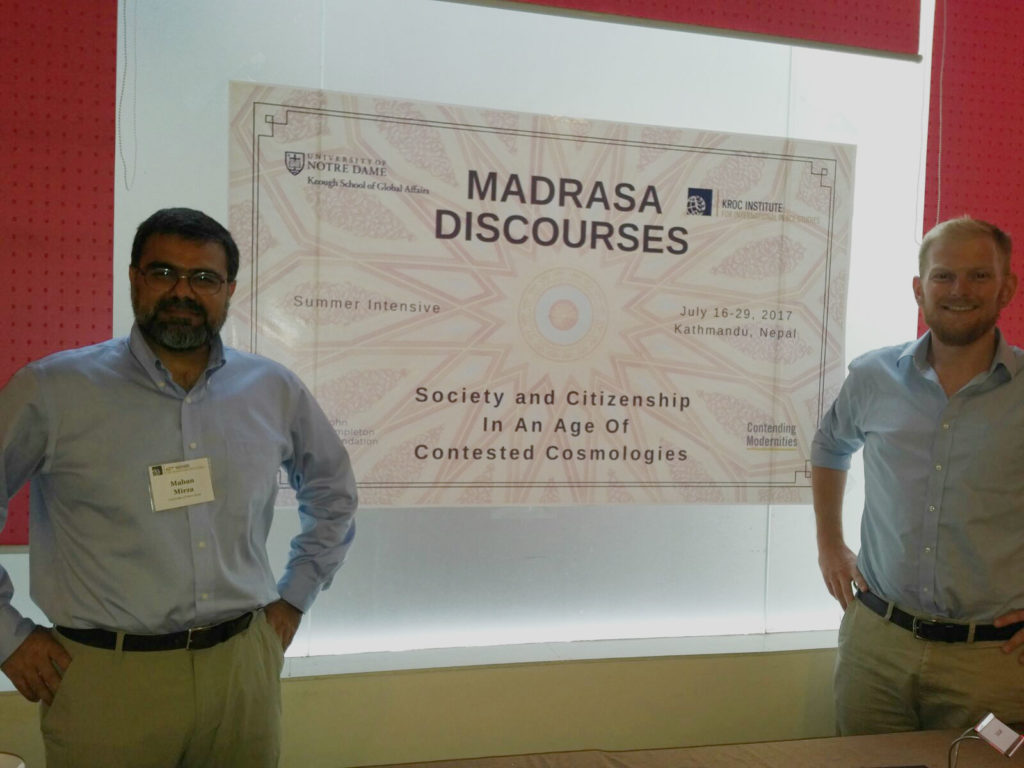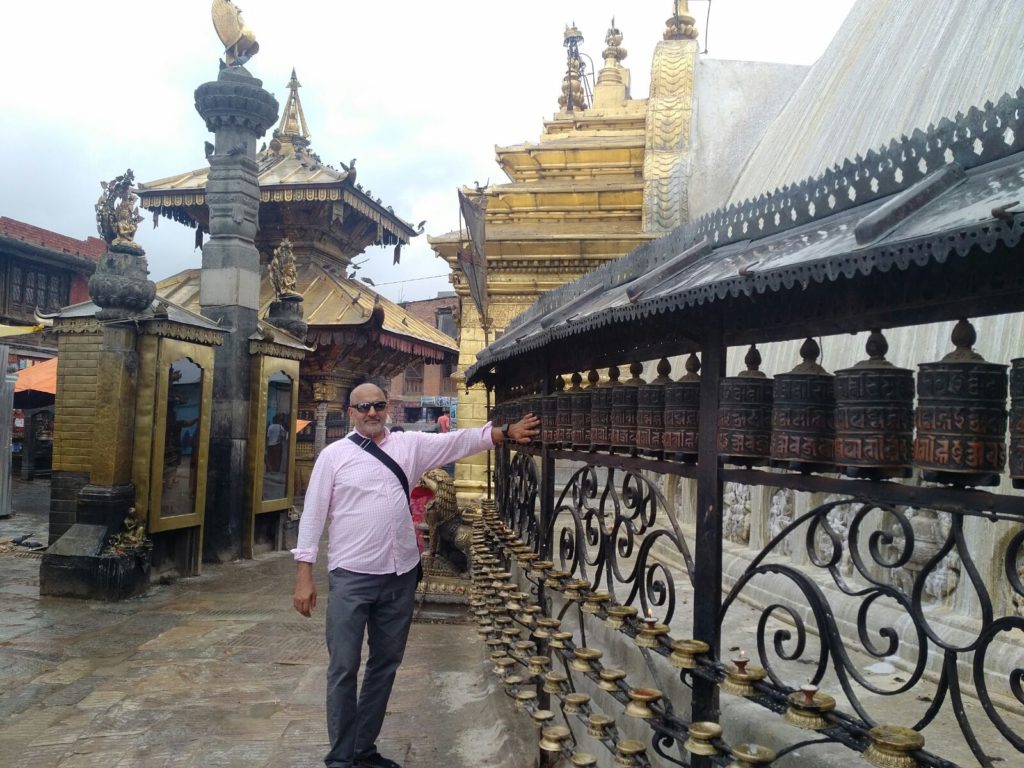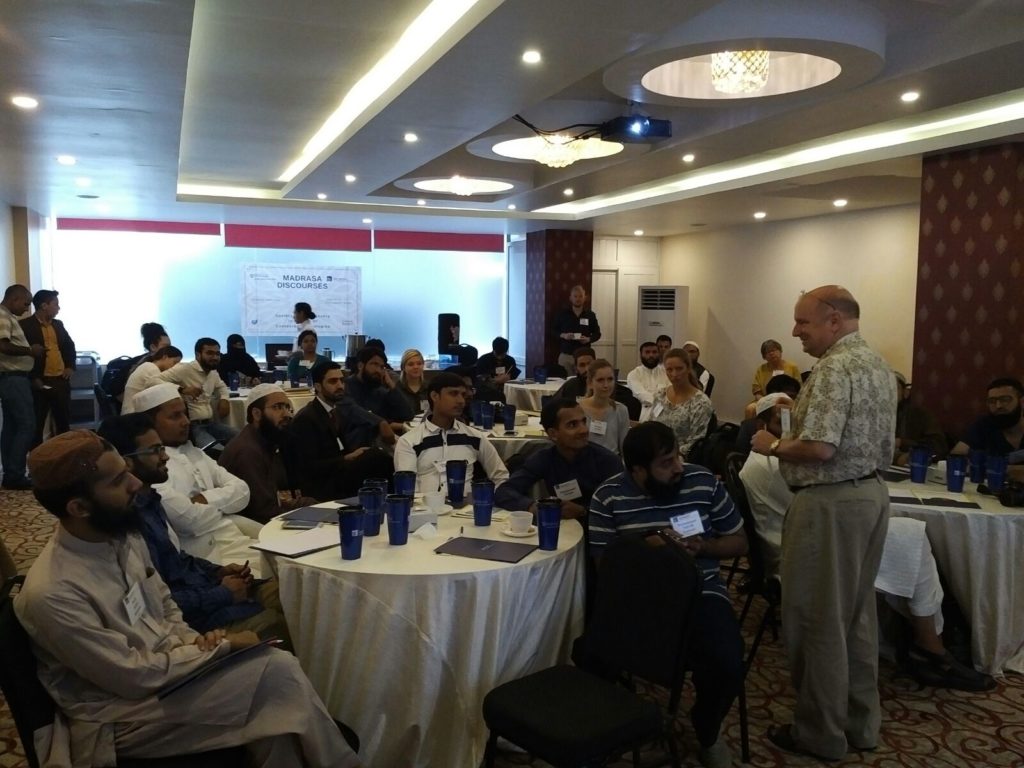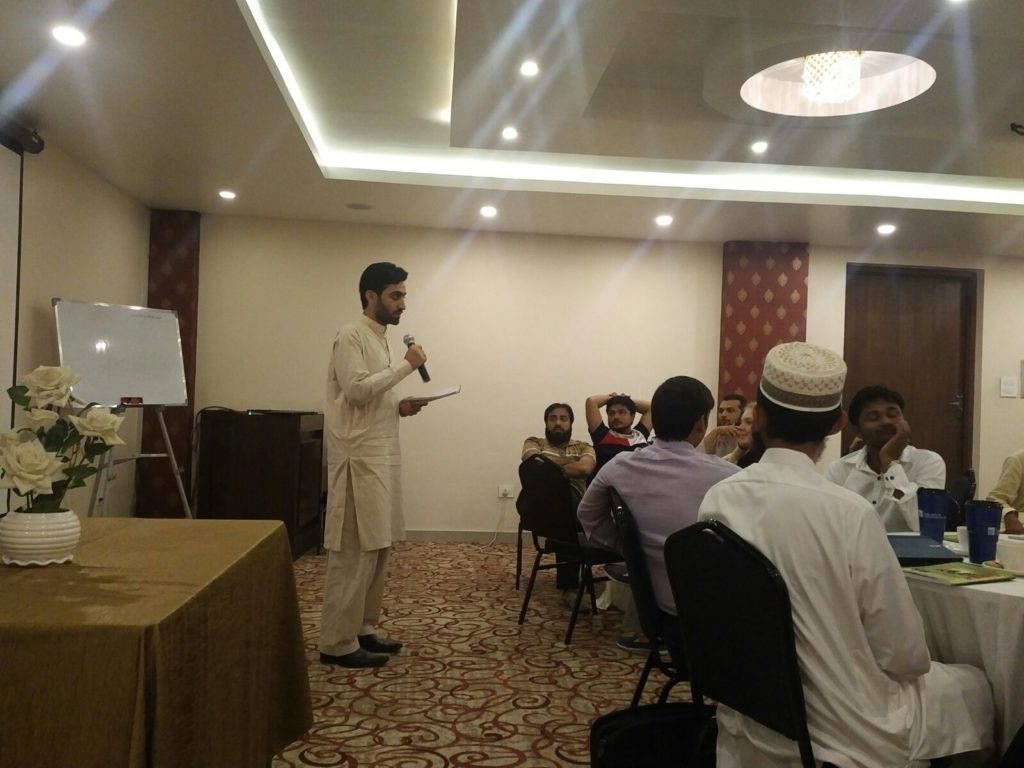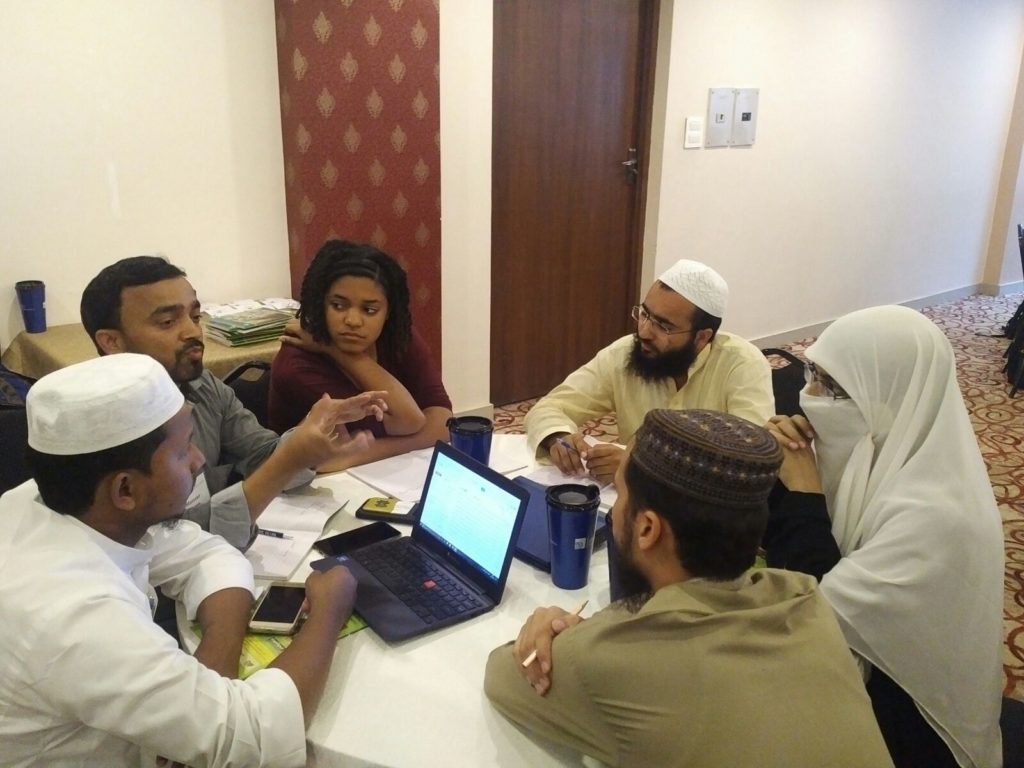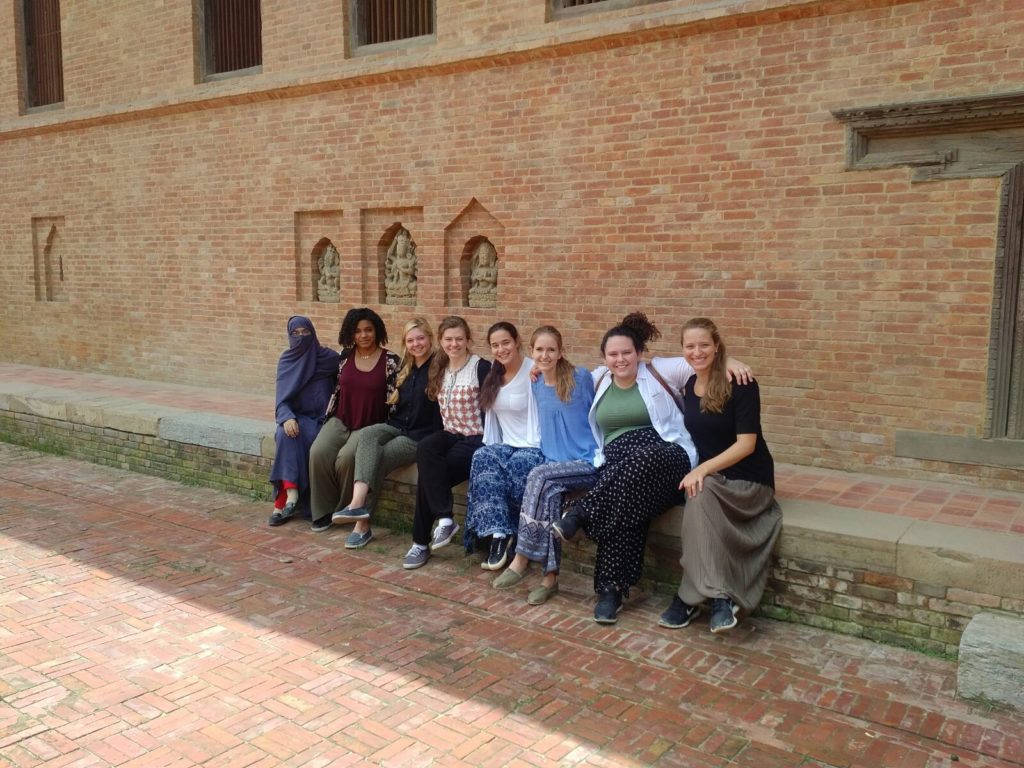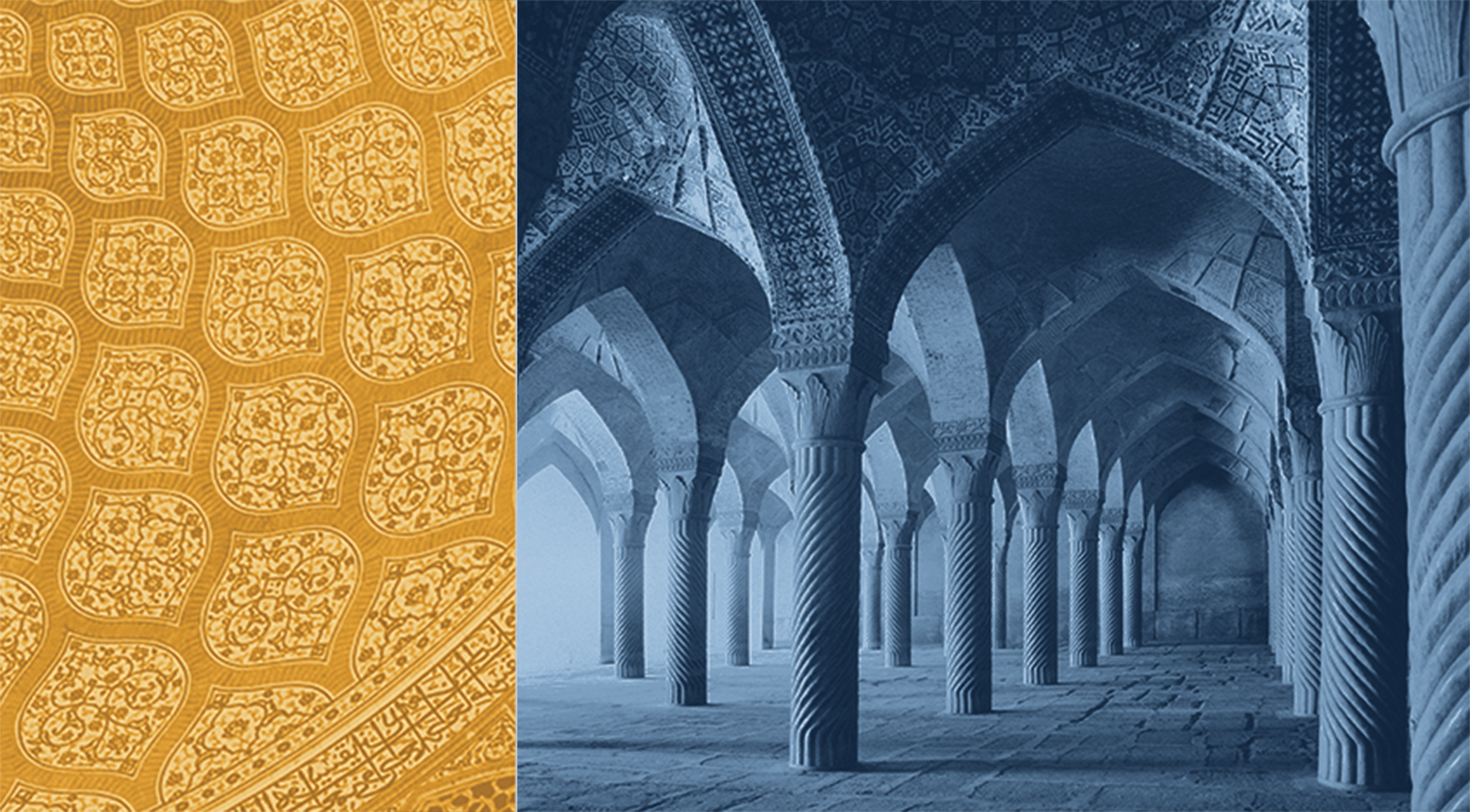When
Jul 15 2017 - Jul 30 2017All Day
Location
Kathmandu Summer IntensiveThamel
Kathmandu,
Description
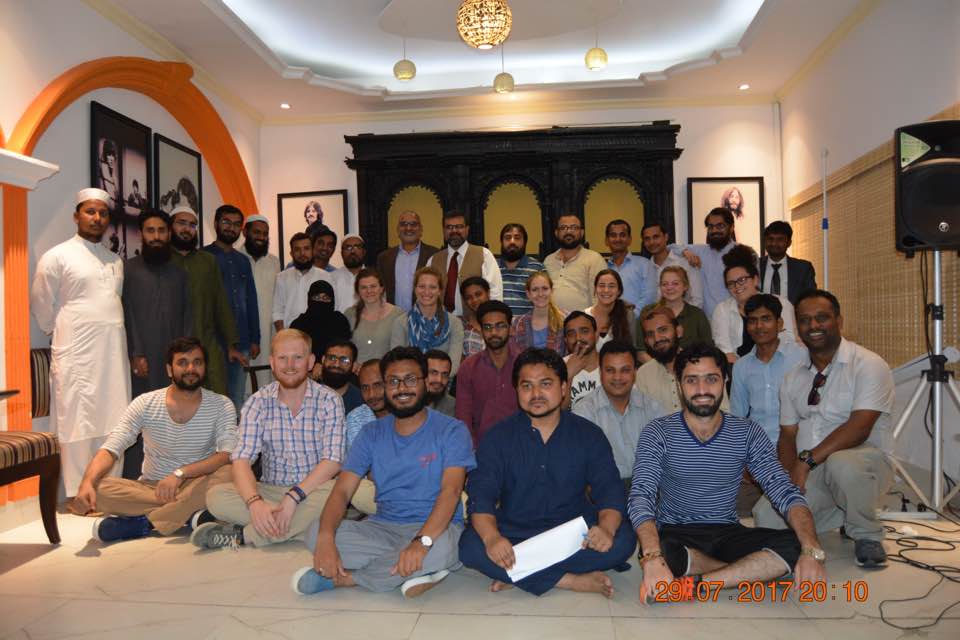
What is it that really divides one culture from another? Are traditional divisions still tenable in an increasingly interconnected and globalized world? How do traditions maintain their uniqueness while recognizing historical and intellectual common ground with others?
The Kathmandu Summer Intensive, a two-week course within the three-year “Advancing Theological and Scientific Literacy in Madrasa Discourses” project funded by the John Templeton Foundation, hosted 25 young Indian and Pakistani scholars trained in Muslim theological seminaries alongside seven peers from the University of Notre Dame. Together they explored questions of tradition and cultural frameworks, engaged in dialogues, gave presentations, and explored the city of Kathmandu. The students were guided in their learning by experts from the University of Notre Dame, Duke University, and the University of Toronto, as well as local practitioners based in Nepal and project faculty members from India and Pakistan.
Mahan Mirza launched the intensive with a discussion of the challenges modern science poses to traditional epistemic frameworks of religion, while Scott Appleby followed with a three-day exploration of the varieties of secularism, and how monotheistic religions engage them. Leela Prasad taught a further two days on the concept of co-being and Advaita philosophy within Hinduism as resources for healing divisions between peoples. Local Nepali activists Prakash Bhattarai and Shubham Amatya discussed gender equality and social change in light of global norms on human rights. Ebrahim Moosa discussed the concept of Sharia, the imperative to view it as promoting the common good, and the need to understand it historically. The final three days were taught by Mohammad Fadel, who drew on the political philosopher John Rawls to offer ways in which historical Islam can develop an overlapping consensus with political liberalism and deal with the challenge of human rights in ways that respect Islam, democracy, and individual choice.
It was great trip, and we’re looking forward to our 2018 and 2019 summer intensives!
Check out some of the pictures from the trip below!

